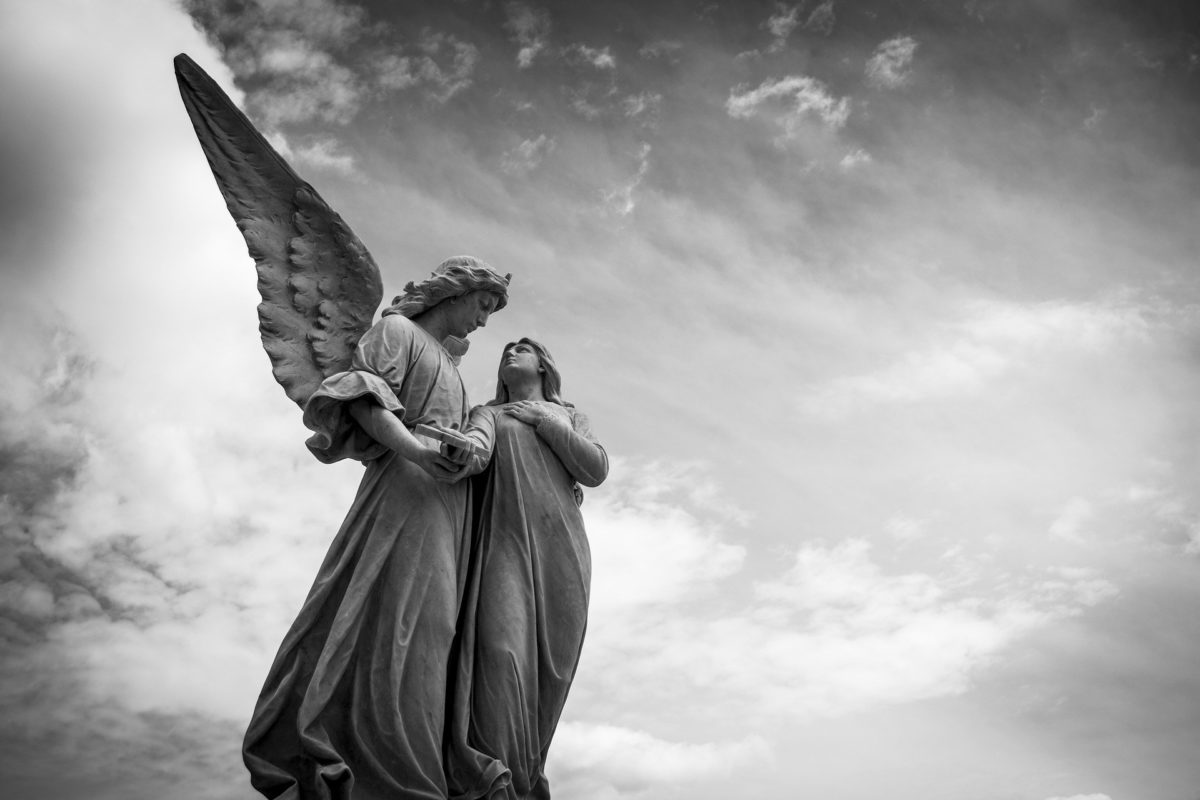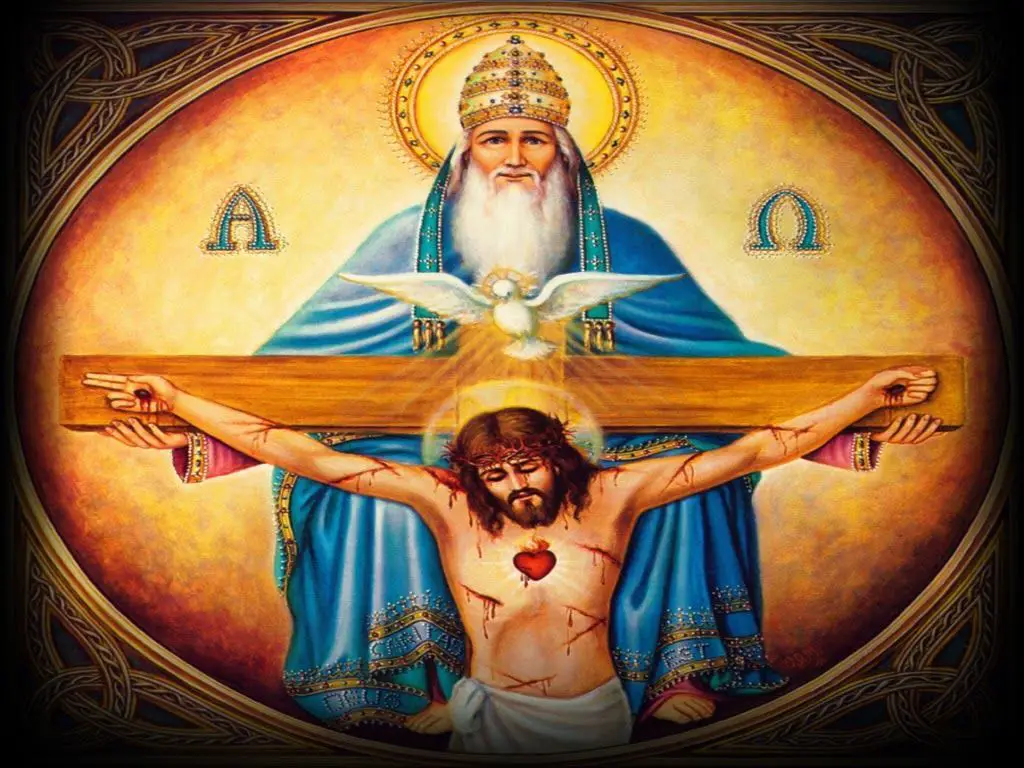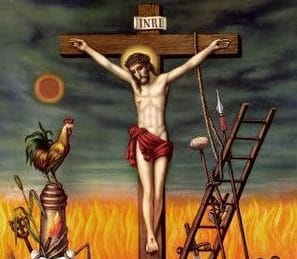Although many people talk about heaven and the Promised Land, few know what Canaan means in Hebrew.

I recommend our article Where did Moses cross the Red Sea to complement this reading.
Although the Promised Land is the main topic of conversation for many people, few know what Canaan means in Hebrew.
The land of Canaan, the promised land, the land to which Abraham was led by God.
Later, Israel would receive it when they returned saved from Egypt, when they were liberated by Moses, sent by God.
The characteristics of this land and God’s promise of it contain great blessings for the believer.
This Promised Land is a state of grace and blessing that God provides for those who love Him.
If we love Him with all our heart, with all our mind and with all our strength.
It was not Moses but Joshua who finally conquered the Promised Land.
That is why everyone must fight to conquer the Promised Land, supported by God’s grace.
For He gives us the strategy, the protection, the blessing and the provision to win it with His favour.
If you want to know what the Catholic prayer for protection is, click on this link.
What does Canaan mean in Hebrew?
kena>an (÷[‘n “K]), “Canaan”; kena>anéÆ (ynI[}n “K]) means merchant.
Before you know what Canaan means in Hebrew, you should know that nine times in the Bible it is the name of a person.
Eighty times it refers to a place, and the descendants of Canaan, who lived in the same land, are called Canaanites.
This name appears mostly from Genesis to Judges.
But it is also occasionally scattered throughout the Old Testament.
The first time a person bears this name is in Genesis 9:18.
Ham, the son of Noah, was the father of Canaan and of a list of nations descended from Canaan.
Canaan is, according to Numbers 33:51, the land west of the Jordan.
When God called Abraham, he set out for the land of Canaan.
It can be said that Canaanite is a general term for all the children of Canaan.
When your God has brought you into the land, you will go in to possess it.
But this name also has a specificity as the name of a people.
For the Canaanites dwelt by the sea and on the banks of the Jordan. Numbers 13:29.
Since the Canaanites were merchants, merchant, which means Canaan in Hebrew, is the symbol for merchant. Proverbs 31:24.
But it is also worth noting that Hosea, referring to the sins of Israel, says
“Like a Canaanite (merchant) who holds a false balance in his hand, he loves oppression”. Hosea 12:7.
There is also a theological reference to Canaan in Genesis 9:25-27.
Where it says: “Cursed be Canaan, let him be the servant of the servants of his brothers… and blessed be the Lord, the God of Shem,
and let Canaan be his servant.
Noah prophetically placed this curse on Canaan when he saw his father’s nakedness and told his brothers without shame.
This sin of Ham, deeply rooted in his youngest son, can be seen in the later history of the Canaanites.
As Leviticus 18:3 makes clear with the admonition “They shall not do as they do in the land of Canaan, where I have brought them”.
This is a long list of perversions forbidden to Israel.
And he concludes the list with another admonition: “Do not defile yourselves with any of these things.
For by them the people whom I cast out before you have defiled themselves” Leviticus 18:24.
Likewise, the command to destroy the Canaanites was very specific: “When your God has defeated them, destroy them utterly” (Leviticus 18:24).
For you are a holy people to the Lord your God. Deuteronomy 7:2-6
Nevertheless, the house of David and Judah often built high places of ritual and trees on every hill and under every leafy tree.
But there were also men there who devoted themselves to ritual prostitution, and they did according to all the abominable practices.
They were like the nations that God had driven out before the children of Israel. 1 Kings 14:23.
These nations were Canaanites.
So the Canaanites became synonymous with all kinds of moral and religious perversion.
This is reflected in Zechariah 14:21: “In that day there will be no merchants (Canaanites) in the house of the Lord of hosts.
The Canaanites were not allowed to enter the tabernacles or the temples.
And never again could any of His people, who also practised the abominations of the Canaanites, enter the house of God.
This is a prophecy speaking of the last days, and it will be fulfilled in the New Jerusalem. Revelation 21:27.
“There shall in no wise enter into it anything unclean, or any abomination, or any lie.” Revelation 22:15.
About the Promised Land
The Promised Land is the promise that God has made to each of us to attain eternal life.
Therefore, those of us who believe in this promise feel like strangers in this land because we know that this will not be our final home.
Many people believe that Abraham did not know the Promised Land because he did not know Canaan.
But he understood long before he left that the Promised Land was coming to him.
He did not even know Jesus, but he already believed in the Messiah and his promise of eternal life with his Father.
The true Promised Land that we must strive to reach is in eternity.
Next to our Heavenly Father, where, thanks to His mighty promise, we will dwell for many days to come.
But we must strive to be worthy to receive it by living according to God’s will.
And doing his work as we go with him.
If you enjoyed this reading, I also recommend our article on Psalm 91: Prayer for Protection and Healing in Mind and Body.
May God bless you.




